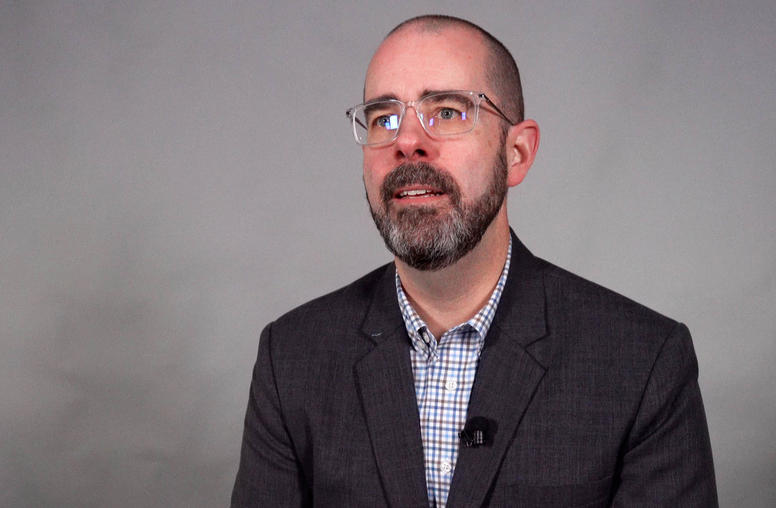The Crisis in Interfaith Relations in the Middle East
Interfaith relations in the Middle East are in turmoil with tension and conflict among Jews, Christians, and Muslims. Moreover, internal divisions within each of these faith communities are impacting national and international politics as well as human interactions in the region. But, there are also concerted efforts to address these tensions through interfaith dialogue and religious peacemaking. USIP is convening top experts to discuss how interfaith tensions are affecting current conflicts in the Middle East.
Speakers
- Rend Rahim Francke
USIP Senior Fellow and Executive Director of the Iraq Foundation
on Sunni/Shia relations - Samuel Rizk
George Mason University and the Arab Group on Christian-Muslim Dialogue
on Christians in the Middle East - Prof. Marc Gopin
Center for World Religions, Diplomacy and Conflict Resolution, George Mason University
on Jews in the Middle East - Prof. Mohammed Abu Nimer
American University
on interfaith dialogue in the Middle East - David Smock, Moderator
Vice President, U.S. Institute of Peace
Archived Audio
To listen to audio or to view video, please click on the links provided below. You also can right click on the links and choose "Save Target As" or "Download Linked File." This will save the file to your computer and then allow you to play it in your media player directly. More Audio Help.
- Listen to the audio from this event.
1:57:43 - 22.4MB



